|
Before privatizing the coffee industry in Burundi in 2008, all coffee production was under the control of the state-owned company Sogestal, which is now virtually bankrupt. As a result of this privatization, the situation of small coffee producers has deteriorated. The government, under pressure from the World Bank, transferred most of the washing stations it used to control to foreign or multinational companies, leaving small coffee producers with very little to support themselves. Coffee is very important to Burundi, accounting for 80% of the country's export earnings and supporting the livelihoods of 55% of the population, approximately 750,000 families, the majority of whom are smallholder farmers. In 2007, the president of Burundi at the time declared that coffee belonged to the producers until it was exported. This agreement allowed them to oversee the supply chain and gave them the right to receive 72% of the revenue from international coffee sales. But in reality, little or none of that has happened.
0 Comments
Burundi is an ideal country for the production of high-quality Arabica coffee, which could generate a solid and recurring income for thousands of farming families. An average altitude of between 1,500 and 2,000 metres, abundant rainfall and a tropical savannah biome combine to create exceptional growing conditions, with coffee accounting for 80 per cent of the country's exports. Despite this, the Burundian coffee sector faces many challenges. Poor soil health and inadequate maintenance of coffee trees result in low and irregular yields. Production is also threatened by climate change, which increases the frequency of both droughts and heavy rains, resulting in increased soil erosion. Meanwhile, poor processing practices reduce the quality and price of much of Burundi's coffee, and the country's cumbersome business and political environment makes it less attractive to global exporters.
Why would you prefer one over the other, if they are only separated by an imaginary border? A coffee grown in northern Burundi has exactly the same microclimate, varietal, process and terroir as one from southern Rwanda. There is no difference other than the name of the origin until this point of the production process, although there are many differences in various aspects. Both economies are overwhelmingly agricultural, and widely diversified farming is practiced throughout their territories. Arabica coffee is the main commercial crop and constitutes the main export of both countries. Being much more important in terms of total foreign exchange earnings for Burundi than for Rwanda, because the latter economy is more developed and diversified.
We often think that Burundi is not talked about enough in the specialty coffee industry, and at Kilimanjaro Specialty Coffees we want to change that idea and give this wonderful country and origin, which produces some of the best coffees in the world, the place that it deserves, on the African podium alongside Kenya and Ethiopia. One of the smallest countries in Africa, Burundi is landlocked and has an equatorial climate. Burundi is part of the Albertine Rift, the western extension of the East African Rift. This is important because the soils of the Rift Valley are volcanic and very fertile. Its cultivation areas are characterized by producing a cup with intense phosphoric acidity, full body with some fruity notes and complex flavour.
Our industry often forgets how important small farmers are to the work we all do every day. We can verify this every time we meet at events like the last World of Coffee in Milan, where the focus is mostly on competitions, machinery, influencers, but apparently no one realizes that without small coffee growers none of this would be possible, and they keep being ignored as they have been for 400 years. The current times are stormy, for no one in the world it should be a mystery that climate change is affecting our lives in a radical way. To no one either, it should be a mystery that inflation is hitting the pockets of the world's poorest people, and this particularly impacts coffee farmers who, despite record coffee prices, have not seen their income levels improve. Finally, due to the war in Ukraine, the shortage of fertilizers could cause a deficit of almost 20% in coffee production in 2022, in addition to the food crisis that it is already affecting various parts of Africa.
As we all know, roasting high density coffees is difficult, but roasting high density dry process coffees is even more so! What should you keep in mind to start developing your own killer roasting profile for natural coffees? 1º THE DENSITY OF THE LOT
During the washing process, there are many more opportunities for selection and grading than in the natural process. Although, lately in origins such as Ethiopia and Burundi, where there are cooperatives focusing on quality, they have begun to introduce hand selection and flotation grading, prior to the drying of the cherries on patios or African beds. Each year we are receiving more and more samples from producers and cooperatives in many origins around the world. This is very exciting, but also represents a challenge in terms of time and resources we need to dedicate to analyze and evaluate each of them fairly and effectively. 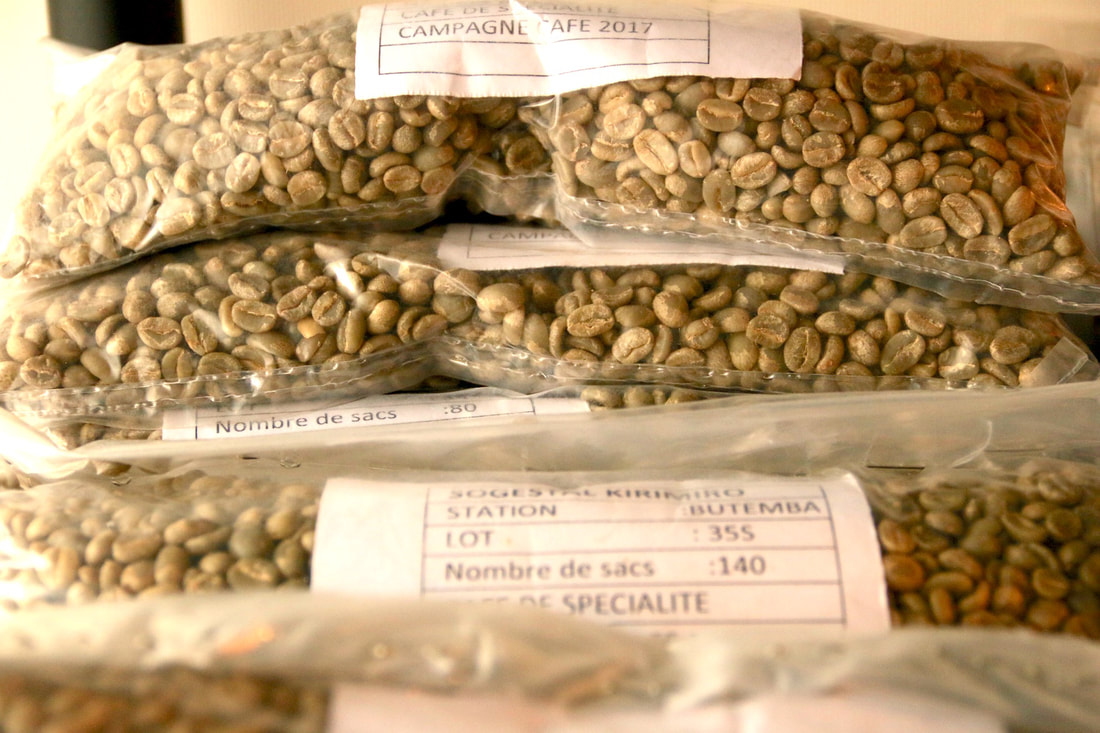 This year from Burundi only, we received 51 samples from 4 different cooperatives we had the chance to visit last June.
Finally, evaluation through blind cupping allows us to judge the potential, identify the defects and select the best samples. It is the most influential tool when deciding which coffees will be travelling to our warehouse and going into your roasters very soon.
Enjoy your Burundi coffee! |
Archives
July 2024
Categories
All
|
- What We Do
- Que Hacemos
-
Origins
-
Orígenes
- Education
- Educación
- Contact
- Contacto
- Home Roaster Store
- Tienda del Home Roaster

|
Copyright © 2015-2024 | Kilimanjaro Specialty Coffees España S.L.U. All Rights Reserved.
|


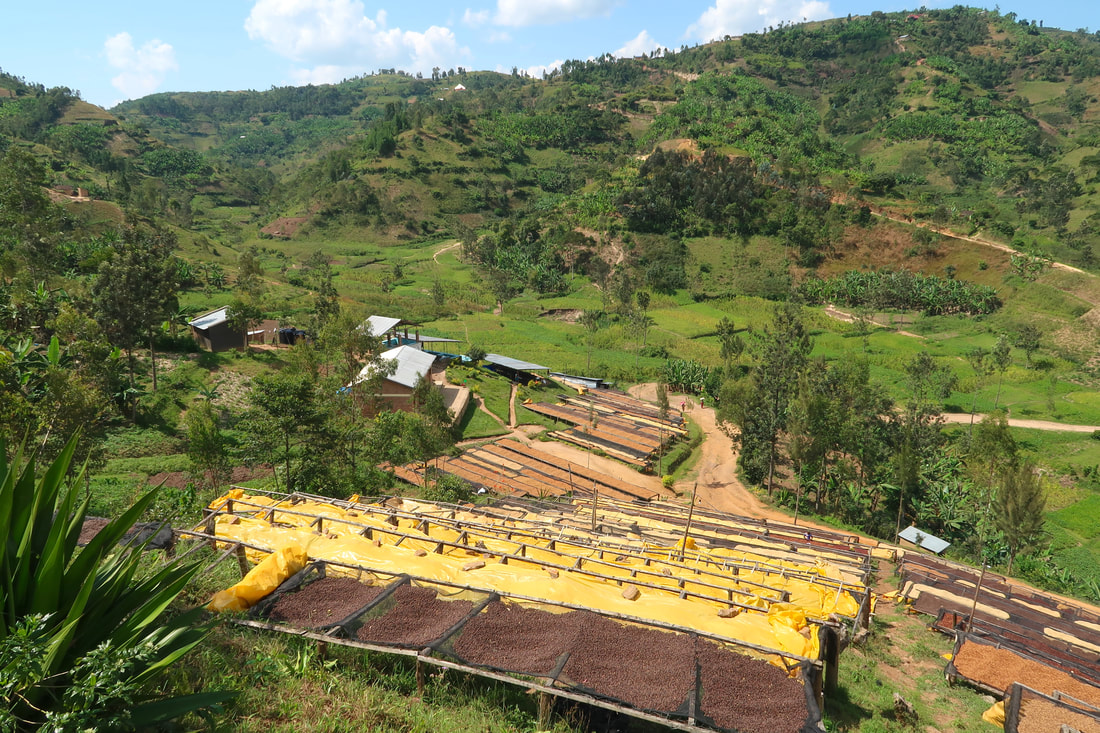
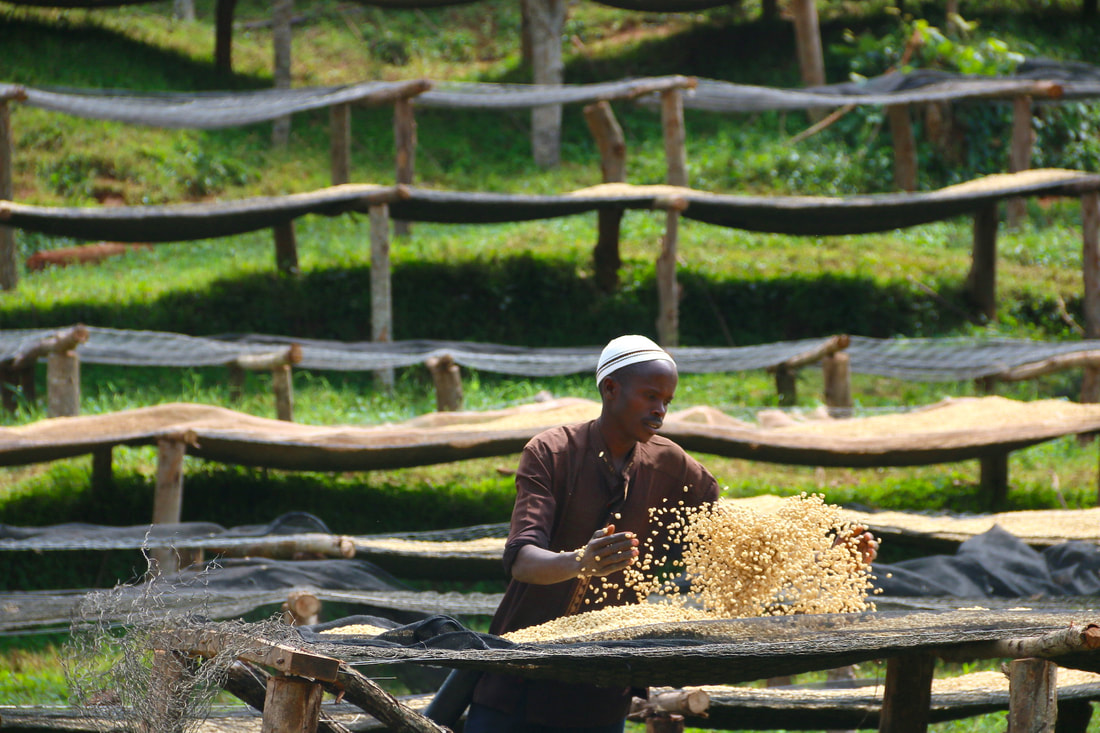
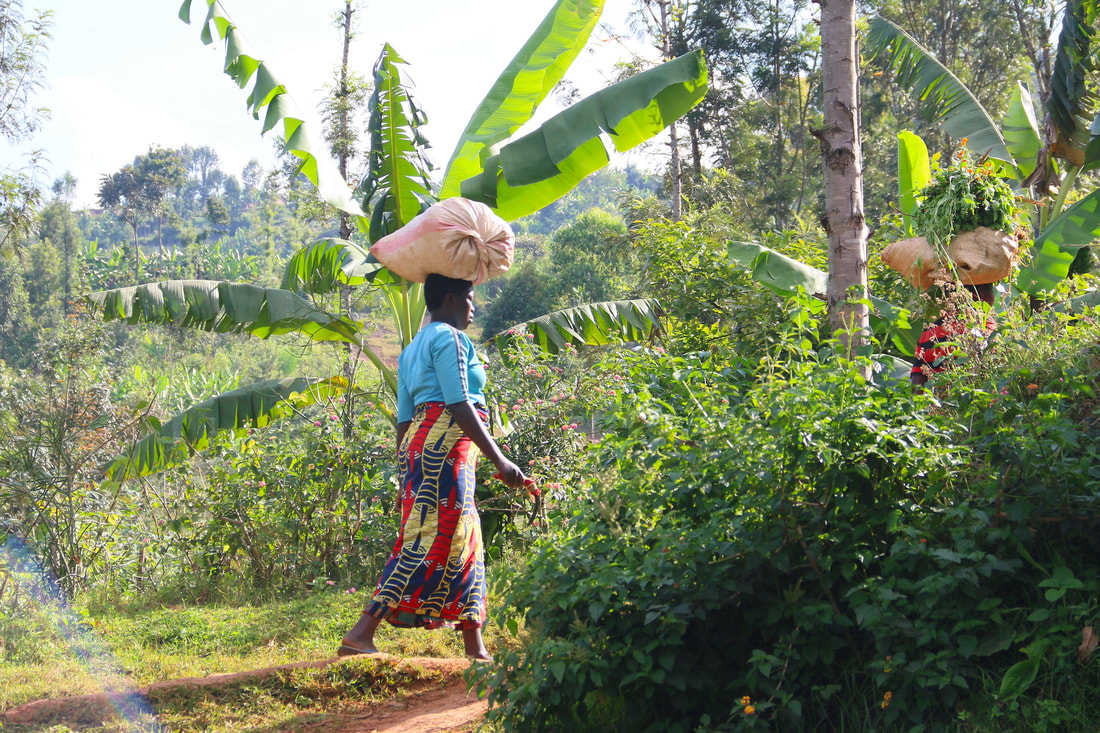
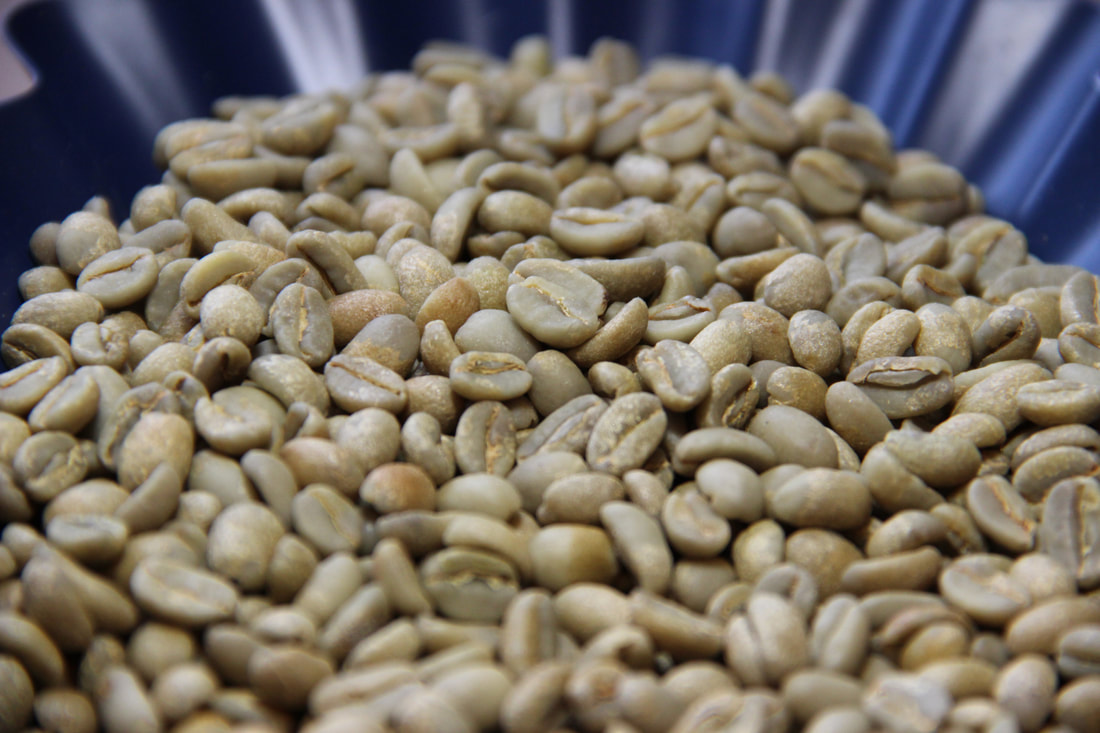
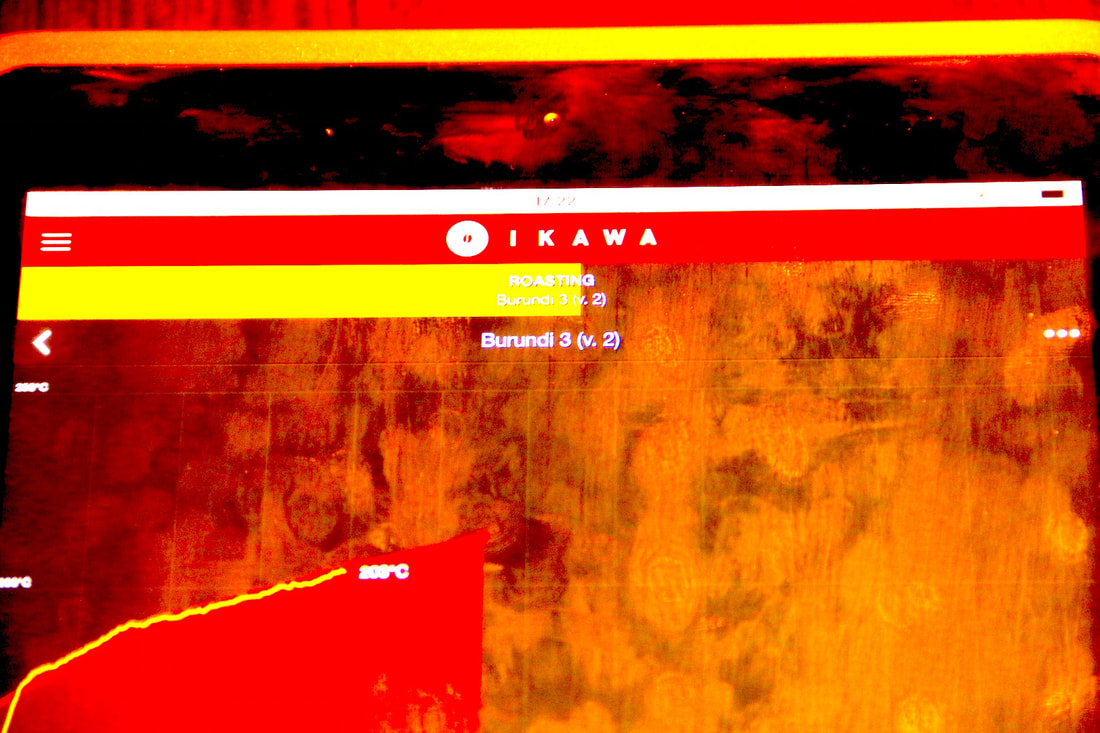
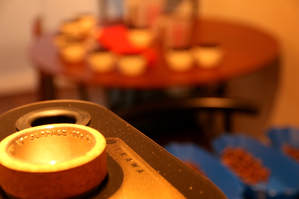
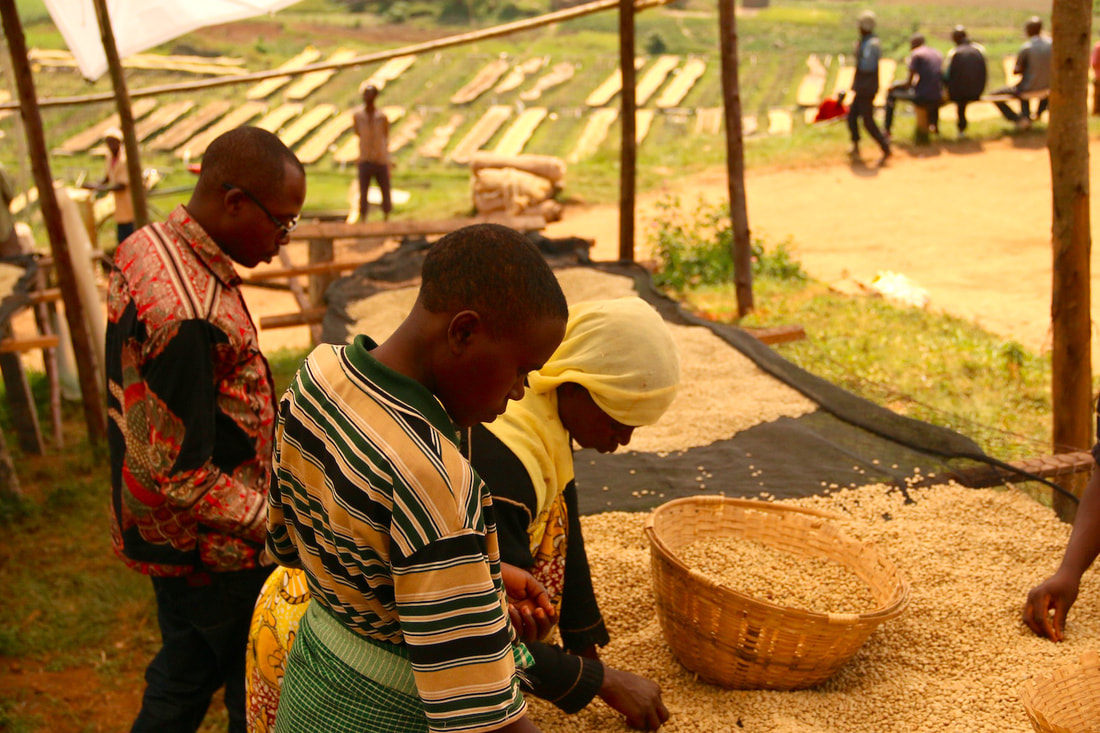
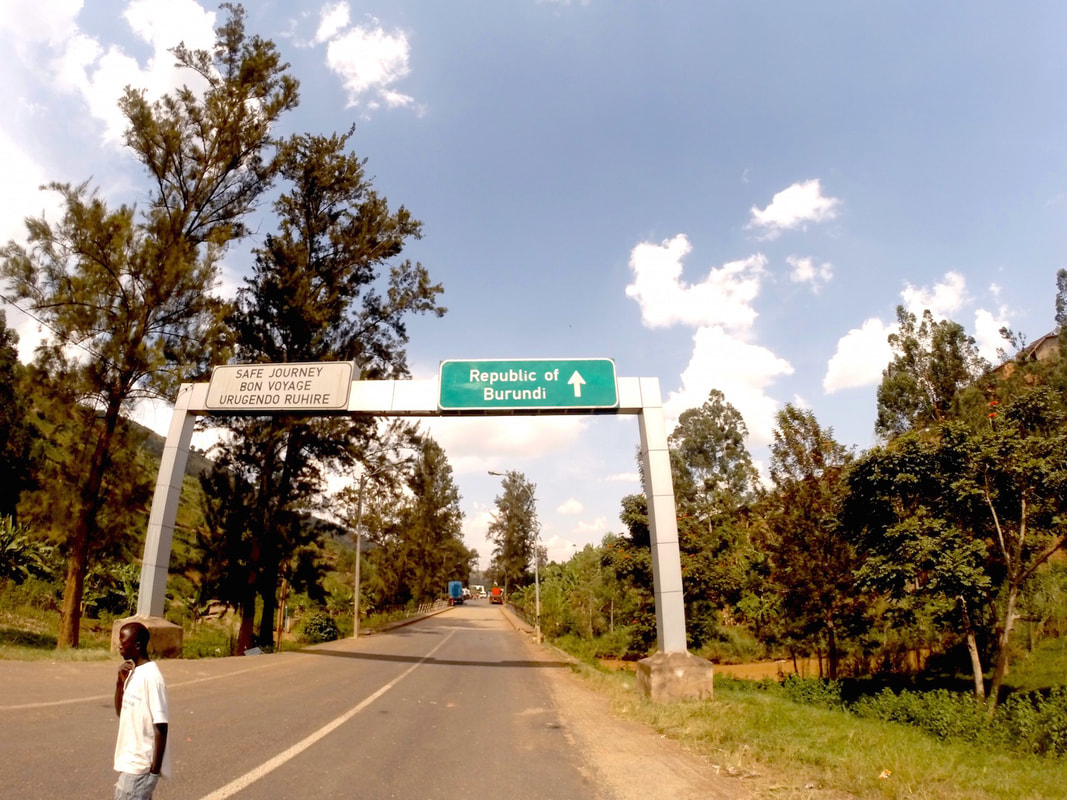
 RSS Feed
RSS Feed